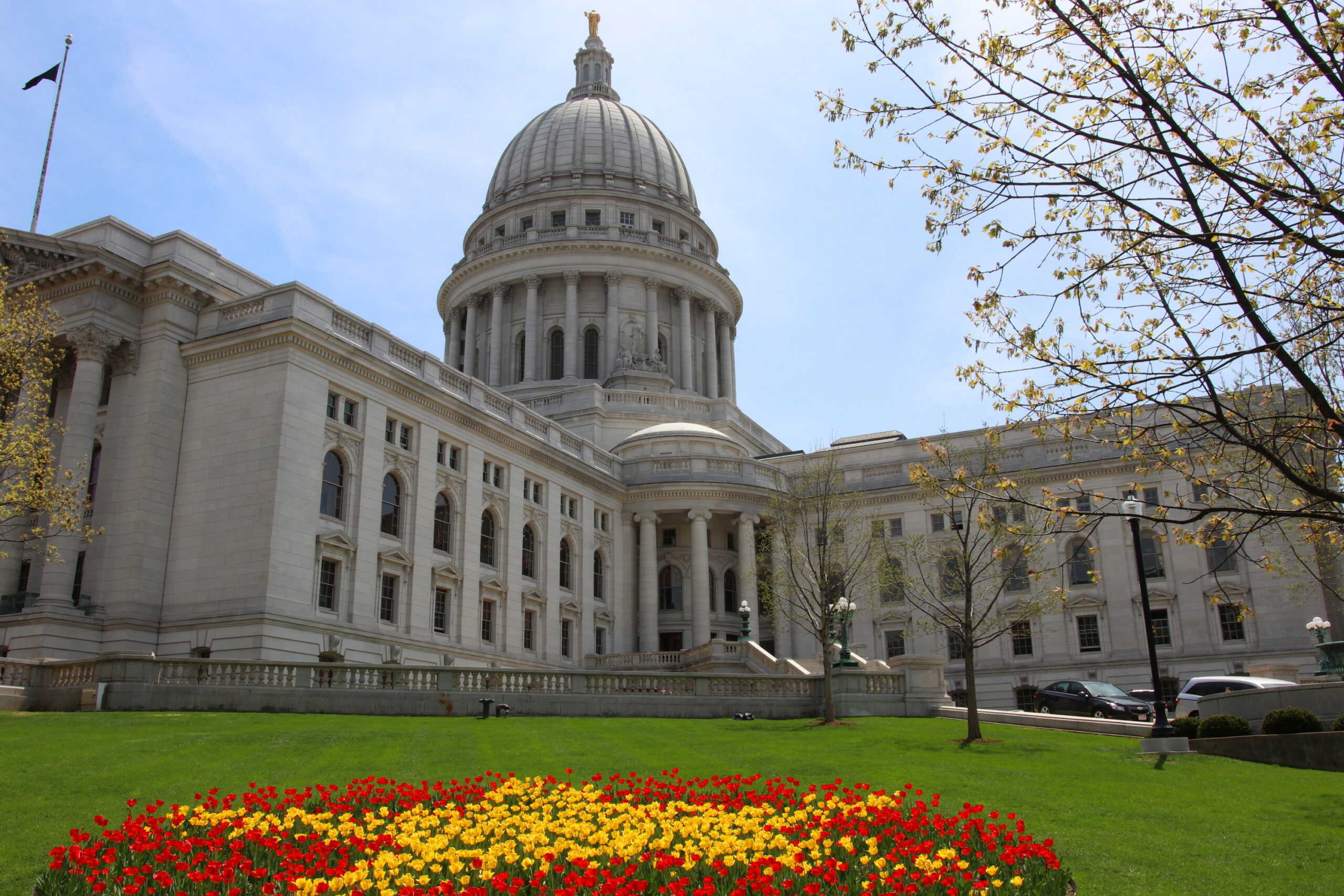Wisconsin Lawmaker Tackles Lead Pipes, Forest Jobs, and Homeowner Scams in New Bills

Four bills authored by Senator Romaine Quinn passed the Wisconsin State Senate this week, each one quietly tackling everyday issues that hit close to home for people in Northwest Wisconsin. From helping homeowners avoid financial traps to making local governments run more smoothly, the legislation reflects a commitment to practical problem-solving over political showmanship.
One of the most pressing concerns addressed by Quinn’s legislative package deals with so-called “homeowner benefit agreements.” These deceptive contracts are often pitched as a quick way for property owners to receive cash, but what’s rarely emphasized is the long-term financial cost. The fine print often includes provisions that place a lien on the property or limit the owner’s ability to refinance or sell without financial penalty. Homeowners across the country, including in Wisconsin, have found themselves locked into agreements they didn’t fully understand—only to face devastating consequences years later. Quinn’s bill aims to put up guardrails, preventing these types of predatory financial arrangements and ensuring that homeowners aren’t blindsided by legal language or hidden obligations.
While protecting homeowners was a major theme, the bills also addressed important infrastructure concerns. One measure allows the city of Superior to qualify for federal funds to replace aging lead service lines. Previously, the city was unable to access the same financial help offered to other communities across the state, simply because of how the state law was written. This small legal change has big implications. Families in Superior will now have better access to safe drinking water, and the city can modernize its infrastructure without taking on a heavy financial burden. Quinn emphasized that all communities, no matter how far they are from the state capital, deserve access to clean, safe water. In his words, “Superior is a long way from Madison, but its residents shouldn’t be left behind.”
Another bill updates how counties manage their forests—specifically, how they hire forest administrators. Current law sets rigid education requirements that limit who can be hired, regardless of work experience or on-the-ground knowledge. Quinn’s bill opens the door to a wider pool of qualified applicants by allowing counties to consider real-world experience as part of the hiring process. It’s a shift that recognizes the changing nature of the workforce and the value of hands-on expertise. Many smaller counties, particularly those managing large areas of public forest land, have struggled to find candidates who meet the existing criteria. This change could help fill critical roles more effectively while still maintaining high standards.
The fourth bill passed this week takes on the sometimes-overlooked challenges faced by town governments. In many parts of rural Wisconsin, towns operate with limited staff and tight resources. The statutes that guide these small governments haven’t been meaningfully updated in decades, leaving them with confusing or outdated rules on things like filling vacancies and conducting meetings. Quinn’s bill provides needed clarity and simplifies processes so that town boards can serve their communities more efficiently. These updates may not grab headlines, but they matter deeply to the people trying to keep their local governments functioning day to day.
Each of these bills shares a common thread: they address problems that don’t make national news but have real consequences in people’s daily lives. There’s no political grandstanding or sweeping overhaul—just a steady push to make things work better, smarter, and more fairly. Quinn said he hopes the Assembly will take up the bills soon and send them on to the governor’s desk. He noted that while these proposals are especially relevant to the communities he represents, they reflect challenges faced by people all across Wisconsin.
“These aren’t flashy,” Quinn said, “but they’re meaningful. They’re about protecting families, fixing broken systems, and making sure everyone—no matter where they live—has the same chance to thrive.”
The four bills now await action in the State Assembly. If passed there, they’ll move one step closer to becoming law. For the towns, cities, and counties in Northwest Wisconsin—and for the residents who call them home—these small, thoughtful changes could make a lasting difference.
RECENT










BE THE FIRST TO KNOW
More Content By
Think American News Staff











